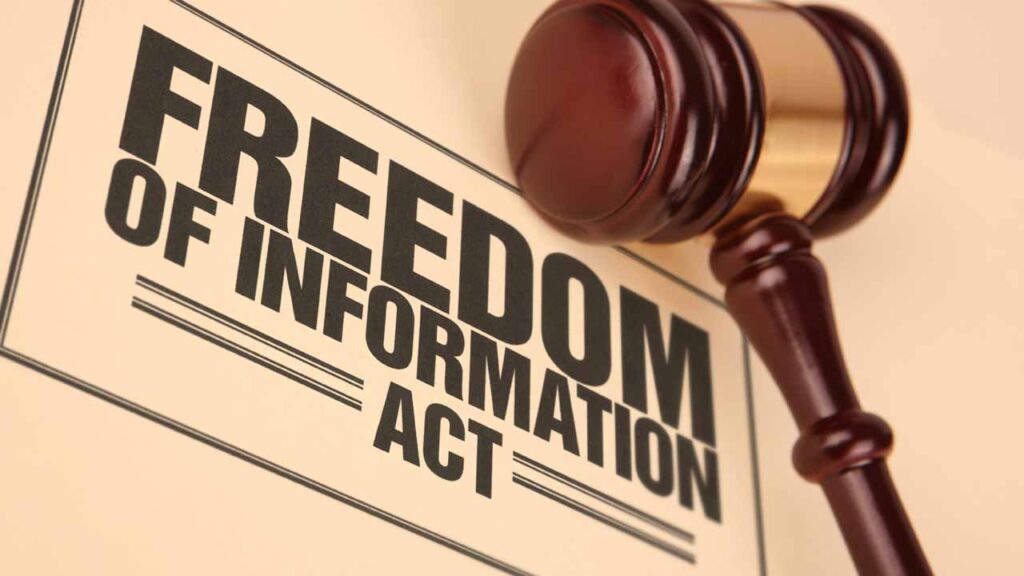May 28, 2025, marks the 14th anniversary of the signing of the Freedom of Information (FOI) Bill into law in Nigeria by former President Goodluck Jonathan.
The landmark legislation, achieved after more than a decade of advocacy led by the Media Rights Agenda (MRA) and other civil society allies, was a victory for transparency, democracy, and press freedom.
While some progress have been made over the years in the use the Act to obtain information concerning various government policies, programmes and projects, there are still lots of concerns about its effective use by journalists for investigative reporting and government accountability.
The FOI Act was designed to grant citizens, especially journalists, the right to access public records without needing to prove any specific interest. It provides for transparency in governance, encouraging openness over secrecy. However, despite the clear provisions of the Act, compliance by governments at all levels and agencies has been low. Many government agencies still deny FOI requests or delay responses far beyond the seven-day limit stipulated by law.
MRA has made several attempts to get public institutions to effectively implement the FOI Act including through research, training and inducting some government ministries and agencies into the FOI Hall of Shame to draw attention to public officials and institutions undermining the effectiveness of the Act through their actions, decisions and utterances, yet there have been not much improvement in the compliance level.
There are no systemic consequences for non-compliance, and this has emboldened many public officials to ignore or frustrate requests. For a law meant to foster openness, the weak enforcement mechanism remains one of its major challenges.
Journalists, particularly those on investigative beats, have used the FOI Act to some effect. Reports by some media organisations confirm that the law can be a powerful tool in uncovering mismanagement, abuse of office, and corruption. However, the broader picture reveals a significant underutilisation of the law across the media sector.
Despite the continued commendable efforts by the MRA through various training programmes, many journalists still lack adequate knowledge on how to file effective FOI requests or pursue appeals when denied. S.
Others are discouraged by long delays or the cost of litigation, while some are not even interested in writing and filing an FOI request. Additionally, in a media environment that is often overworked and underfunded, journalists and their organisations shy away from following the FOI processes in favour of quicker access through unofficial channels.
For the FOI Act to fulfil its potential as a tool for accountability, there must be stronger mechanisms, including penalties for public institutions that violate the FOI Act. Civil society and media organisations should keep up the pressure for legal reforms to strengthen the law.
Newsrooms and media support organisations need to intensify training for journalists, not just on how to make requests, but also how to integrate FOI data into impactful storytelling.
Journalists should consider collaborative investigations that leverage multiple FOI requests to build comprehensive exposés. Cross-newsroom partnerships can amplify the effect and push for accountability more effectively.
More than ever before, the FOI Act should become a vital part of the journalistic toolkit for holding government and its agencies accountable to the citizens.
Understanding the FOI Act, as the Executive Director of MRA, Mr Edetaen Ojo stated in the 14th anniversary posts, isn’t just for special reports, it’s a tool every journalist should use daily.
Journalists, as he said, should make access to information a habit, not a headline.
As Nigeria faces increasing challenges around governance, insecurity, and economic hardship, access to information should be a necessity.
Media professionals must renew their commitment to using the law as both shield and sword: a shield for press freedom, and a sword against corruption and opacity.
READ MORE: Strategic Time-Out for media leaders, CEOs

